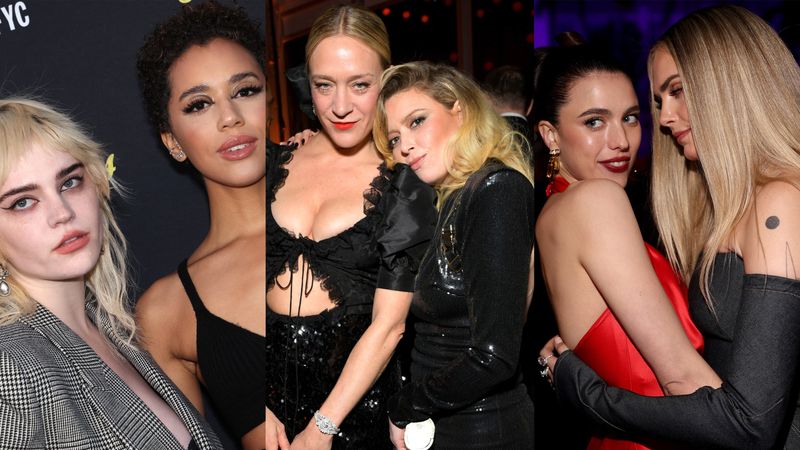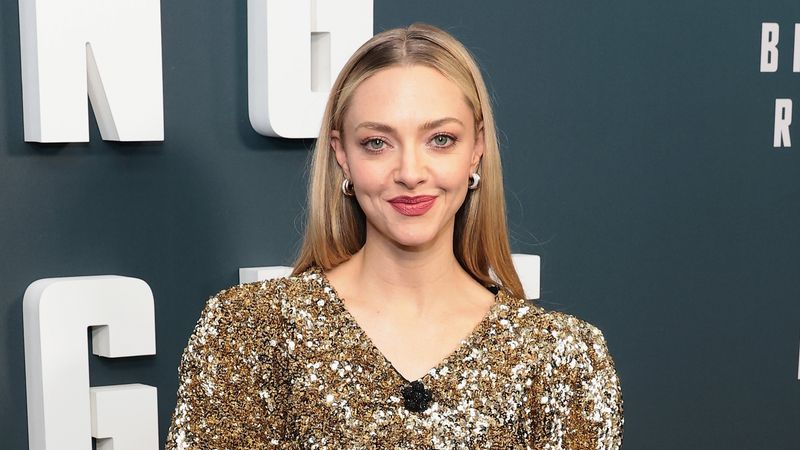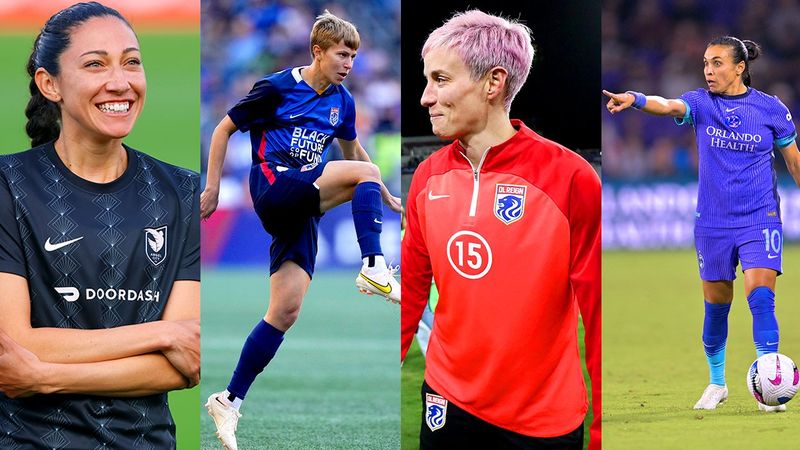The Women’s Conference, now the nation’s premiere conference for women, is by all accounts one of the most powerful and exciting Conferences ever to be created in the United States. For the last seven years it has been Maria Shriver’s brainchild, and what a brainchild it is. In its 24th year and held at the Long Beach Convention Center on Oct 25th and 26th, it can now boast about 15,000 women in attendance.
Being that this year’s conference was Ms. Shriver’s last as First Lady of California, she was able to gather one of the most impressive group of successful, brilliant, and powerful women -- and a few men -- ever brought together in one place. Powerhouses such as Oprah Winfrey, Michelle Obama, Dr. Jill Biden, Laura Bush, Dianne Sawyer, Sandra Day O’Connor, Judge Ginsburg, Meg Whitman, Eve Ensler, Deepak Chopra, Tony Robbins, Matt Lauer, Arnold Schwarzenegger, and Martha Beck (to name a few) presented an array of workshops, panels, and speeches inspiring empowerment, passion for social justice, and development of self-esteem for all women. I mean—Wow!
I think every woman who was lucky enough to procure a ticket was thrilled by this opportunity Ms. Shriver so enthusiastically worked to create (the Conference sold out in about 30 minutes). Her passion and dedication for making this world a better place for women is irrefutable and it was THE place to be . . . if you are a heterosexual women who married well, has a wonderful, understanding, and supportive husband, and, of course, fabulous children.
As a woman I was beyond excited about attending the Women’s Conference, but as an out lesbian I worried about what I might encounter. I had a feeling I would not see myself mirrored in any of the speakers, and if one of these powerful women presenters were lesbian, I was afraid she would most likely not speak about her personal life because, after all, this conference was not about sexual orientation, was it? Why would this Conference want to bring up that sticky topic? How does sexual orientation and sexuality empower women anyway (that is another discussion for another day—please standby). Unfortunately, I was much more accurate about my predictions than I initially imagined.
I think at this point it is important to make myself clear concerning the issue of sexual orientation and to offer a current term used to explain one of our culture’s most ancient of ideologies that is the reason behind my critiques—heterosexism. Scholar and activist, Gregory Herek (1990), in his article, The Context of Anti-Gay Violence: Notes on Cultural and Psychological Heterosexism, defines heterosexism as “the ideological system that denies, denigrates, and stigmatizes any nonheterosexual form of behavior, identity, relationship or community” (p. 321). Put another way, heterosexism assumes all people are heterosexual, especially women, and this conference, by not having any overt support of non-heterosexual women or diverse lifestyles, reinforced this message. The psychological damage this kind of experience can have on women who lead diverse lifestyles should not be underestimated because it colludes with the shame many women already feel when they don’t fit into society’s ideal image of what a woman is supposed to be in the first place.
More on next page...
\\\
(continued)
Thankfully, I did not find the Conference overtly homophobic. I saw no LGBT bashing or stigmatizing—we have at least come that far. But in my opinion, we are not even close to where we need to be because the entire conference was blatantly heterosexist (and thereby covertly homophobic). Only women, who were heterosexual and, usually those who were mothers, would speak about their personal lives, and, by the way, this occurred often. Now, don’t get me wrong. I understand that the majority of women are heterosexual, often married, and have children, but there is a way to be sensitive about privilege and diversity and also a way to be insensitive to those who don't fit that picture. For the most part, this Conference denied the role that sexual diversity plays in women’s lives, and all of the presenters were neglectful of this topic. Should women, all of whom have suffered oppression because of their gender, participate in continuing to oppress some women in their presence, such as lesbians?
The most egregious of these moments for me was elicited by Elizabeth Lesser who interviewed Sally Field on ways to empower women. At the end of this breakout workshop, she alluded to the fact that heterosexual mothers were by far the most qualified to help this world become a better place just because they were, well, mothers (and, therefore of course, the most naturally nurturing). Clearly, she is not a psychotherapist who often runs into the damages enacted upon children by women who in the role of "mother" are not always the natural nurturers they are assumed to be.
During this workshop I began to realize that I would not be included in what seemed to be the popular club at this conference so I started to wonder about other women in attendance that might also feel excluded. I thought about all the women in the room—lesbian, bisexual, or straight—who were a part of a different kind of club, the type of club that includes women who cannot legally marry each other because we still don’t have the legal right, who haven’t found Mr. or Ms. Right and are, therefore, single, who may have chosen not to have children or haven’t been able to conceive even with fertility methods, or those women who ended up delaying partnership, marriage, or childbirth to pursue their careers only to find themselves desperately searching for the “right” partner just as the biological clock starts to relentlessly kick in. None of these types of personal lives were ever addressed — we were all, in essence, invisible.
The problem with privilege is that most people who have it -- this includes all kinds, the most common being male, white, heterosexuals -- have no idea that they possess it unless they are educated about its meaning. Education doesn’t promise understanding but is an imperative nonetheless. This conference was unabashedly heterosexist, but it was also obvious to me that the Conference’s creators and presenters had no idea they were committing such a discriminatory act. Their obliviousness to the problem due to their unexamined heterosexism compelled me to write this article.
The many inspiring speeches, panels, and workshops left me with a feeling of determination to become an “architect of change” (the theme of the Conference) on heterosexist assumptions and the impact on non-heterosexual and diverse women and that is why I am moved to urge this Conference and all women who want to be a part of making this world a better place to learn more about their own blind spots regarding heterosexual privilege. I hope this discussion helps move all women in that direction so that we can truly become the allies for diverse experiences of womanhood that most Women’s Conferences are usually preaching about. I hope those of you who read this article will be moved to continue to help educate our heterosexual sisters about heterosexism and how ubiquitous it truly is. Education, listening to each other, and open dialogue about this important topic is the only way we can all become genuine “architects of change.”
Photo Credit: Gold/Wong Photography
Be SheWired's Friend on MySpace!



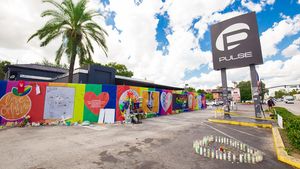


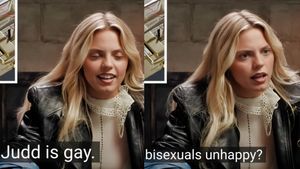














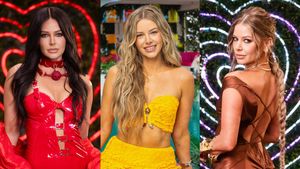


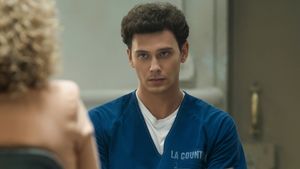

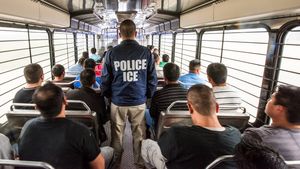


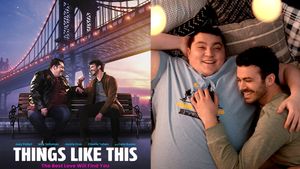



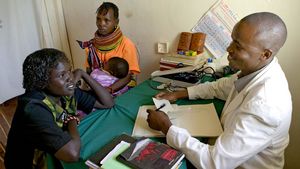
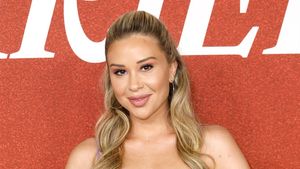

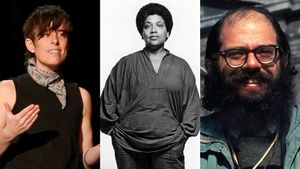
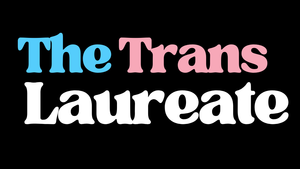


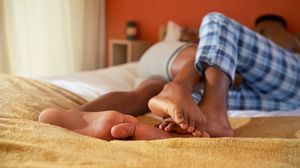

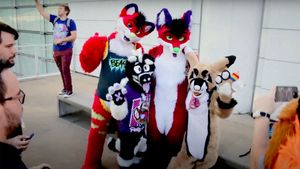



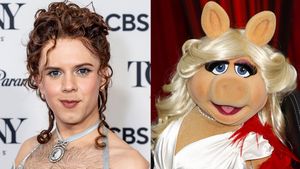


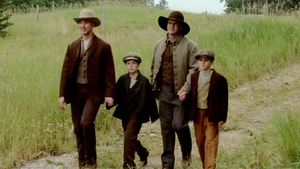

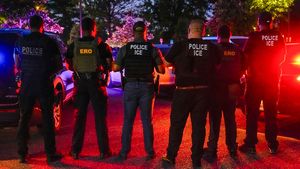




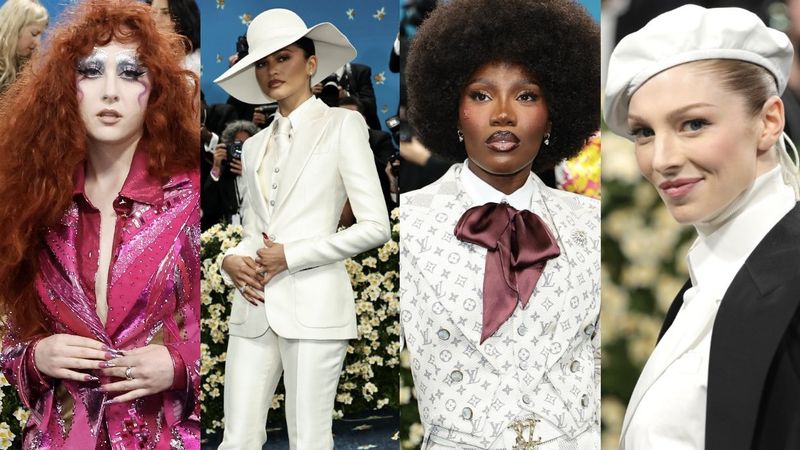



































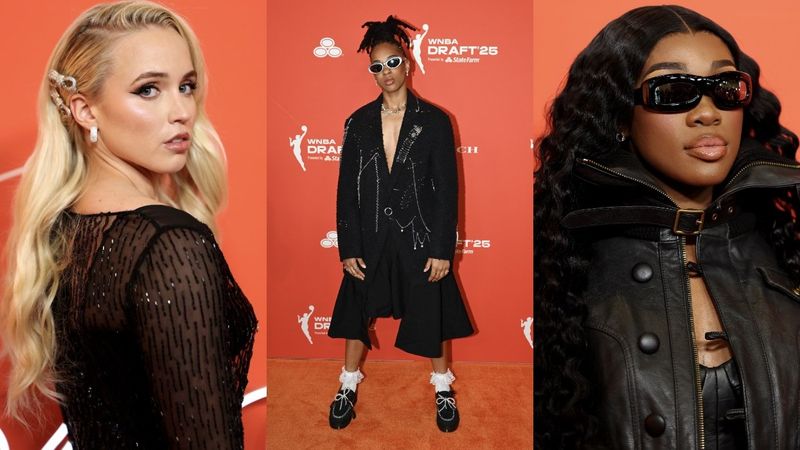
 Cindy Ord/Getty Images
Cindy Ord/Getty Images










